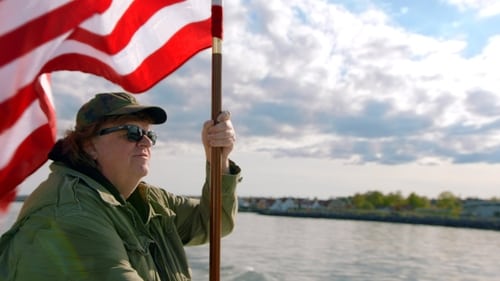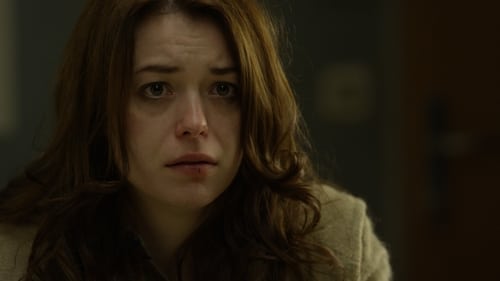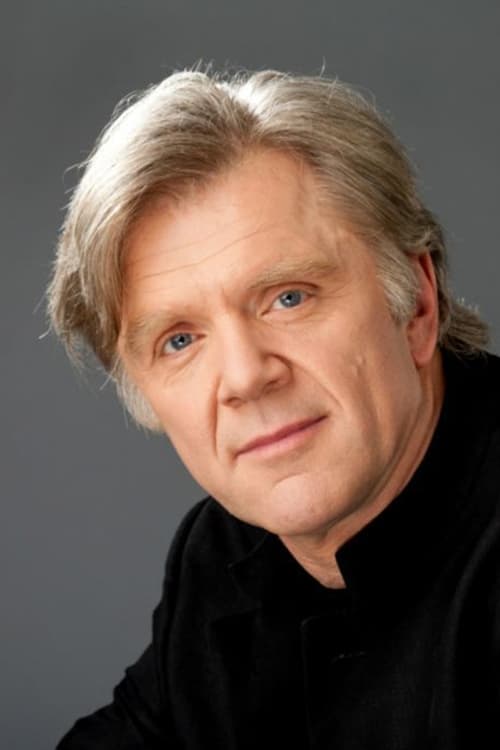Triangle (1991)
장르 : 코미디
상영시간 : 1시간 24분
연출 : Jure Pervanje
시놉시스
The story is told through different points of view. A woman loves everything green, her husband loves his car, a magician knows the secrets of the stars, a professor knows everything about sound and a cyclist solves a difficult problem. A surreal travel through time and space.

미국의 골칫거리로 전락한 국방부의 SOS를 받은 마이클 무어는 펜타곤의 전사가 되어 총성도 석유 약탈도 없이, 다른 나라들의 장점만을 빼앗기로 선언하고 전 세계 침공을 시작한다. 1년에 8주 유급휴가와 13번 월급이 보장된 이탈리아, 프렌치 프라이 대신 미슐랭 3스타급 학교 급식이 나오는 프랑스, 숙제는 구시대적 발상이라는 교육수준 세계 1위의 핀란드, 학자금 대출을 모르는 대학생들이 사는 무상 대학 교육의 슬로베니아, 과거사를 인정하고 반성하도록 가르치는 독일까지. 9개 국을 정복해 나가던 마이클 무어는 진짜 중요한 사실을 깨닫게 되는데...

Charlie, the protagonist of the Slovenian film “Porno Film”, is so dedicated to his porn viewing that his two friends John and Frank jokes that he must have a PhD in pornography by now. Using Charlie’s extensive knowledge of all things porn, the trio sets out to make the “first real Slovenia porn film”, in Slovenian language and everything — except the women in the film are emigrated Russian hookers, and their Slovenian isn’t very good.

Laibach is a Slovenian avant-garde music group associated with industrial, martial, and neo-classical musical styles. They formed on June 1, 1980 in Trbovlje, Slovenia (then Yugoslavia). Laibach represents the music wing of the Neue Slowenische Kunst (NSK) art collective, of which it was a founding member in 1984. The name "Laibach" is the German name for Slovenia's capital city, Ljubljana.

Two boys, Kekec and Rozle, come to serve a farmer, with a blind daughter Mojca, as shepherds. As the night falls, the two boys start talking about a woman who lives in the mountains and is supposed to steal children. Her name is Pehta. In the morning, Kekec, Rozle and Mojca go to an Alpine cottage and Kekec promises Mojca that he will find her a remedy for her eyes. As the girl is picking flowers, Pehta arrives and takes Mojca into her cottage. She wants to keep Mojca because of her singing.

2009, Slovenia. For 30 years, Alija, the miner, has been one of the many Bosnian immigrant workers. Due to the crisis, miners are losing jobs. Alija is sent to check an abandoned mine. His task is to quickly make sure the mine is empty before management sells the company. But in the mine, Alija finds hidden proof of executions after WWII. He is told to stop digging and report the mine empty. He decides to continue, although he is risking his job. Alija discovers thousands of executed people. He informs the police. He found women among the dead. Some of them were civilians, missing persons, just like his sister that was lost in the 1995 genocide in Bosnia. Alija is convinced the victims need to be brought out, identified and buried. But there is no interest in doing that. The mine is proclaimed a WWII military grave and walled in. The dead will stay unburied. Alija loses his job and struggles to preserve his dignity.

A student of music education comes to the music festival where organizers mix him up with the conductor. He accepts the role which creates lots of comic situations.

A story about a couple from the bottom of the social ladder, about smuggling refugees across borders and other 'suspect' things- it is, first and foremost, an attempt to tell a story about the worst in people, wherever they may be coming from.

In an alpine valley lies an idyllic village. High up in the mountains, facing each others across live two men: a "good grandpa" and an "evil man".

1905 short film showing people walking down a Ljutomer street after mass.

Young lawyer Rebeka is given a case involving the murder of a production designer, and the main suspect is her childhood friend Jana. What first seems like a very straightforward case gradually reveals the dark sides, mysterious depths and stray ways of human nature.

A story set in a Slovenian village during Italian occupation. Stefuc, a man who has been widowed twice and has four daughters, wants to get married for the third time with Zana, who's already engaged and pregnant with Ludvik. Stefuc tries to separate them away, but realizes that he'll have to marry Hedvika, a nice looking girl who has just returned from Milan. In the meantime, Italian fascist authorities decide to eradicate five Slovenian songs with the help of local traitors.

Set in a Slovenian coastal town in WW2, the film tells a story about villagers who help partisans to get rid of Italian, and later German authorities that ruled the town in the last years of occupation.

The reconstruction of creation of an influential avantguarde movement called "Novo Mesto Spring" that arrived on Slovenian cultural scene during 1920s. Within this movement worked significant local artists such as composer Mario Kogoj, painter Rihard Jakopic, poet Danijel Bohoric and many others.

Tatjana in Motherland is a partly animated documentary essay about Slovenia and its men. It is a “documentary-tale” of how Slovenian society has been disintegrating in an invisible way. The story will unveil a Slovenian Oedipus archetype of the possessive martyr mother type and her relationship with her son, in which she through emotional manipulation, by constantly creating feelings of guilt, burdens her son to such a degree, that he remains dependent on her for the rest of his life. In order to put this relationship to its best use, all Slovenian governing structures have elevated mother figure on the level of a saint and have assigned to it the cultish role. The result of the Slovenian maternal cult is a typical Slovene male, who is pathologically obsessed with his mother.

The stories narrated by the film bring together individuals all over the world, spanning over sixty years and thus symbolically covering the approximate period of a single human life. Each of the stories is based on true accounts and events, summed up from newspaper articles, statements, and media announcements. Through internal monologues the collage makes up a whole which transcends any individual story.

The story is told through different points of view. A woman loves everything green, her husband loves his car, a magician knows the secrets of the stars, a professor knows everything about sound and a cyclist solves a difficult problem. A surreal travel through time and space.

In 2009, a group of military enthusiasts led by the commander France (Gojmir Lešnjak - Gojc) decides to occupy Trieste. The group that stages battles performs it at a completely fictional location. However, this hobby is not to the liking of France's wife Marija (Silva Čušin) and his daughter Mateja (Anja Drnovšek). The daughter as a representative of the young generation has no understanding of her father's enthusiasm for partisans, battles and Tito. France is also confronted by the Slovenian police led by the commander Brane (Dario Varga) as Brane forbids France to stage any more battles ... Will the young generation accept our history and will Trieste be ours?

A short film from Slovenia made by Karol Grossmann.

In 1940, shortly before the outbreak of war, a young boy Marjan lives a carefree life with his gang in Ljubljana, experiencing all the problems of his age. With Lenka he's experiencing his first "pure" love, while discovering sexuality... The Italian occupation brings many changes, gang breaks up, some join the liberation movement, the others join collaborationist forces. Marjan remain "unlisted". Italians surrender, and hand over the city to Germans. Frivolous Milena, who has good connections with them, seduces Marjan whom she lost her innocence with. The war is over and the partisans win. The new authorities mistakenly imprison Marjan.

After being fired, a young car mechanic Đuro gets recommendation to look for another job in a remote village. His new boss is warm, old fashioned and naive - completely opposite from the world he's coming from. The peaceful atmosphere is shaken when Đuro falls for a regular customer's wife.





















